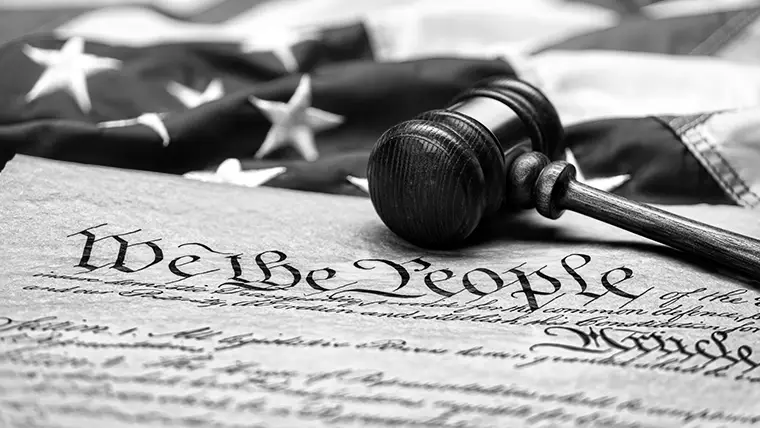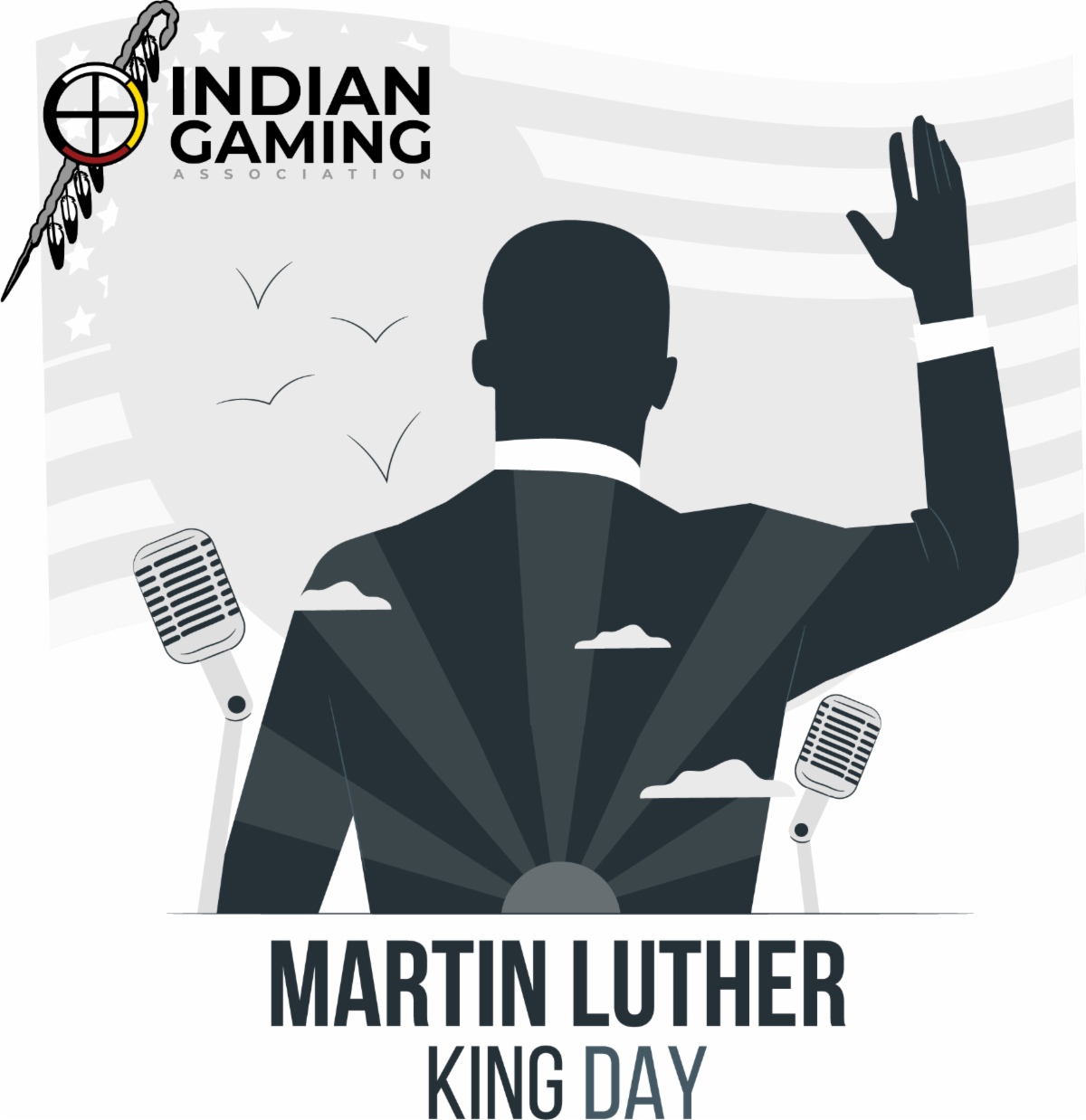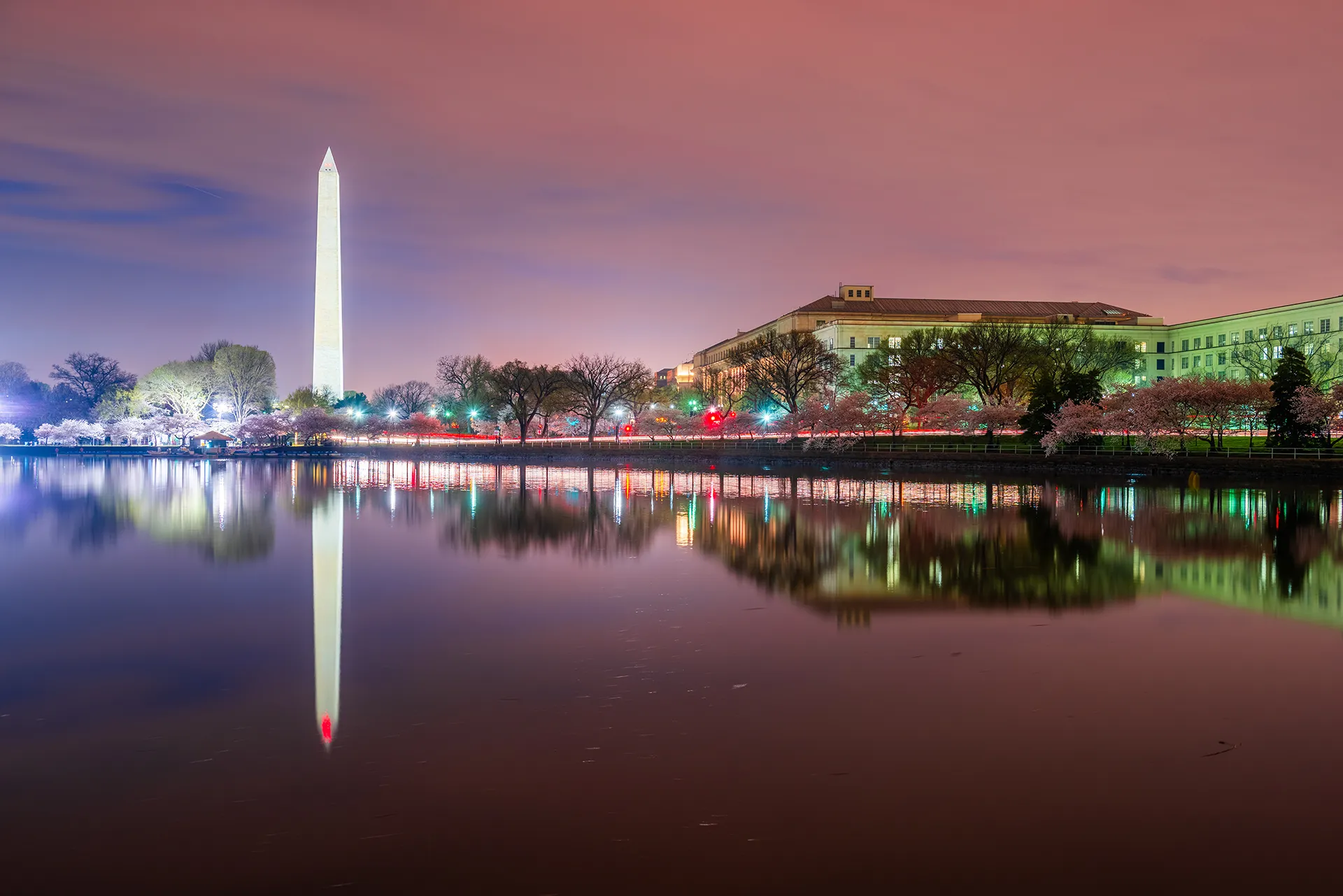August 31, 2018
Washington, D.C. – August 31, 2018 – On behalf of the National Indian Gaming Association, we extend our deepest sympathy to the family of Senator John McCain and wish the Senator peace and contentment in his journey to the spirit world to join his ancestors. Our Indian Nations respect Senator McCain’s service as an American warrior, as a Senate policy leader, and as a man.
For many years, Senator McCain was a champion of American Indian rights and justice. In his early years in the House, he was a student of his colleague, House Interior and Insular Affairs Chairman Mo Udall. Senator McCain often told us that he always remembered Mo’s advice to him: “Don’t forget the Indians.”
When he joined the Senate in 1987, McCain partnered with Senator Daniel Inouye—serving as Chair and Vice Chair—on the Senate Committee on Indian Affairs where they developed and helped advance many important pieces of Indian legislation, including the Indian Gaming Regulatory Act and dozens of laws to strengthen tribal sovereignty and Native culture, promote economic development on Indian lands, and improve public safety protections on Indian lands for Native women and children.
Senator McCain educated his colleagues about the importance of Indian legislation, like the Indian Child Welfare Act and federal programs to protect and preserve Native languages. He used to say, “…the United States pledged its honor to abide by the treaties, and we should respect the treaties today.”
While Senator McCain was a champion for Indian country he was always straightforward and direct in our communications. On occasion, we would disagree. Senator McCain would say, “Well, we will just have to agree to disagree.” Despite these sometimes heated disagreements the good Senator always respected the need for government-to-government consultation with tribal leaders.
Perhaps the Senator is best known for his passion for a strong National Defense, a passion he shared with thousands of American Indian Veterans in service to our country. He often recognized that Native Americans have served in the U.S. armed forces in every military conflict since the Revolutionary War and in greater numbers per capita than any other ethnic group—a fact unknown to many Americans. In his 2008 Republican National Convention speech, he proclaimed that his POW experience changed his life and that the United States was not just a place, but an idea worth fighting for. “I wasn’t my own man anymore, I was my country’s.” Today, when our many American Indian veterans enter military service to defend the United States of America from all foes, foreign and domestic, they act with the understanding that, at the same time, they serve and defend our Indian nations and tribes.
Sometimes referred to as “the Father of the Indian Gaming Regulatory Act (IGRA),” Senator McCain often noted the success of IGRA across the country in lifting Tribes and their citizens out of generations of poverty, particularly those Tribes located in his home state of Arizona. Together with Senator Inouye and House Interior Chairman Mo Udall, Senator McCain helped usher the passage of this important piece of gaming legislation, as well as numerous other laws supporting Tribal Sovereignty, through Congress.
The 1988 debate of IGRA came just months after the highest Court in the Nation stood up for tribal sovereignty, and the rights of Indian tribes to conduct gaming free of state control in the Cabazondecision. To many tribal leaders IGRA was a blow to sovereignty. The bulk of tribal opposition was based in IGRA’s requirement that tribal governments enter into compacts with states governments—the very same entities that brought the legal challenges to close our gaming operations in the first place. Senator McCain understood this point of view, but also saw the benefit of IGRA and its delicate balance.
As Chairman of the National Indian Gaming Association, I have often said that while the Act is far from perfect, Indian Country has made it work for our governments, our communities, and our people for nearly thirty years now. Much of the success goes to our Tribal Leaders and those policymakers, like Senator John McCain, who worked tirelessly to ensure that the benefits of Indian gaming focused on helping those in need in Indian Country.
I last saw the Senator in March, 2018, when he came to visit our tribal leadership at the Stanley R. Crooks Tribal Leaders Conference Center for our Winter Legislative Summit in Washington, D.C. As always, he shared his direct views and a bit of his humor. At the end of his speech, we shook hands. I had no idea it would be the last time I would see him in person in this world. It was an honor.
We will always remember Senator McCain for his passion, his service to America, his straight talk and his respect for Indian nations. His leadership and commitment to Indian country and American Indian veterans will be missed.
BIA Publishes Final Rule for Section 293 Class III Tribal-State Gaming Compacts

Remembering and Honoring the Legacy of Dr. Martin Luther King, Jr.

Statement From The Chairman Of The Indian Gaming Association: “Compromise or Collision Course: Americans Need Government to Function”
